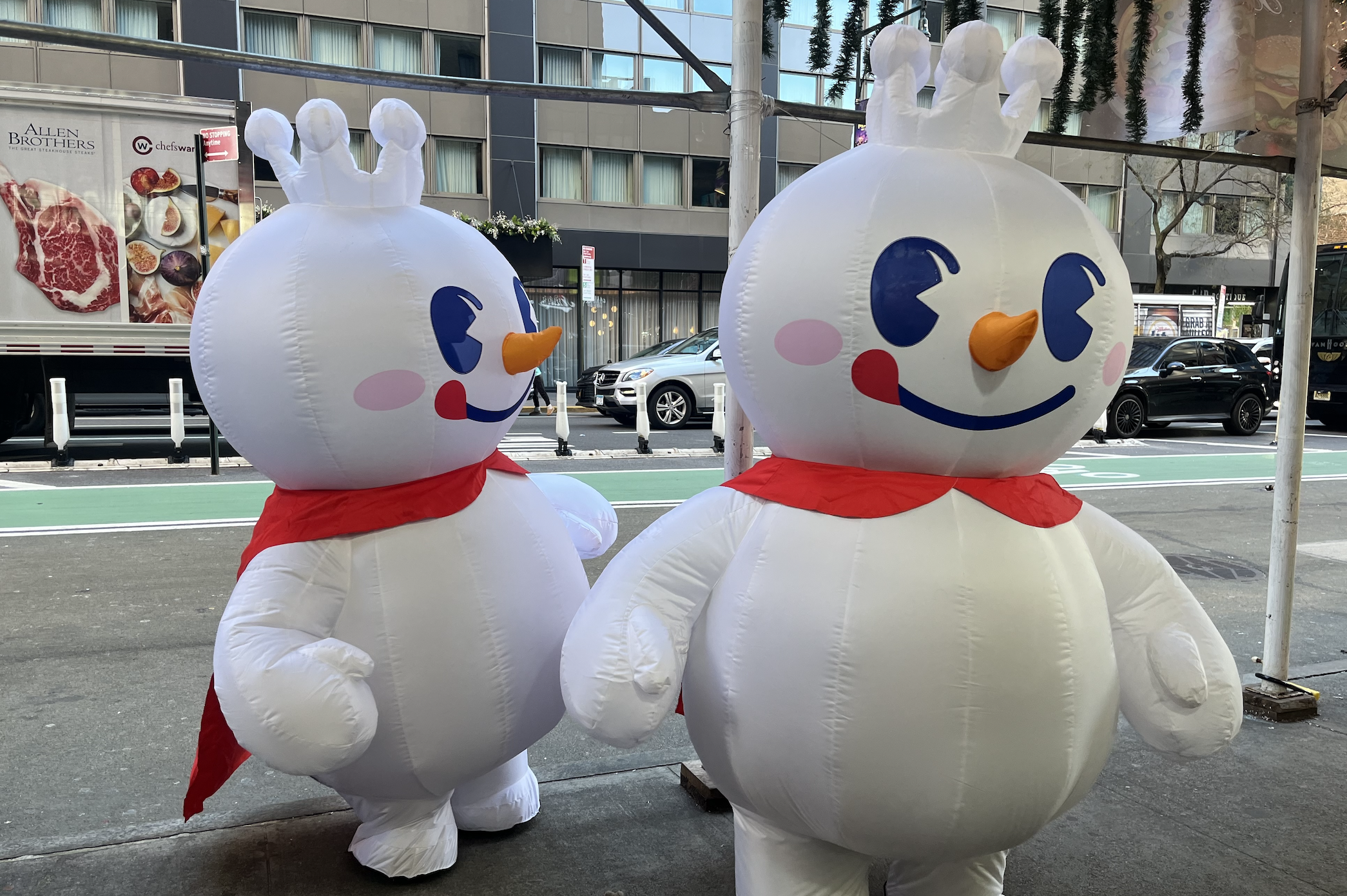South Korea is known as the “coffee republic” — in 2023 the average adult in the country drank 405 cups of coffee per year, their favorite coffee drinks being Americanos and regular black coffee. Last year the coffee market was estimated to reach a whopping 8.6 trillion won. So it’s no wonder that K-dramas always seem to be sponsored by coffee brands. But hold your mugs, because there’s a new brew in town — tea.
From the bustling streets of Myeongdong to the hipster havens of Hongdae, tea is increasingly becoming the trendiest caffeinated drink among Korean millennials and Gen-Zers. And it’s a trend that is in large part driven by milk tea brands from Taiwan and the Chinese mainland. Gong Cha, specifically, has almost single-handedly fueled the frenzy of the South Korean bubble tea market. With heartthrob actor/model Lee Jong-suk as its ambassador, Gong Cha’s has popularity soared, and the company now boasts 240 shops in South Korea. In fact, in 2017 Korean investors acquired around 70% of the company’s shares. Inspired by Gong Cha’s success, other milk brands like ChaPanda (茶百道) have also opened shops in South Korea.

The shift from coffee to tea seems to stem at least in part from the emphasis younger generations place on healthy living. From “beauty teas” to “anti-inflammatory brews,” the beverage has become yet another health and beauty product. Capitalizing on the evolving preferences of their customers, tea brands have formulated healthier tea product lines. While sweet concoctions like honey and citrus-infused teas once reigned supreme, demand is growing for natural and unprocessed teas. According to data from leading South Korean coffee chain Ediya, last November sales of floral and fruit teas surged by 22% over a 2 week period, with sales from traditional Korean teas like ginger and schisandra growing a whopping 78%.
This shift from coffee dominance to tea obsession maybe shouldn’t be too unexpected though. Tea is after all part of Korean traditional culture, and in South Korea coffee is synonymous with socializing, as cafés serve as an important spot for people to get together with friends. So it’s not that surprising that one caffeinated drink is challenging another, thanks to a little help from Chinese milk tea brands.
Banner Image via X.



















